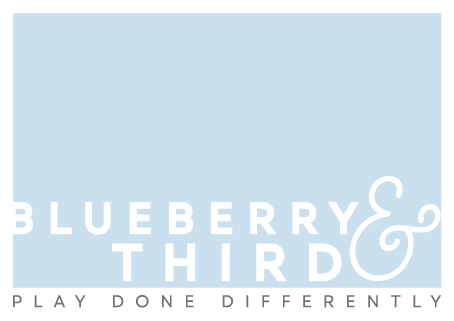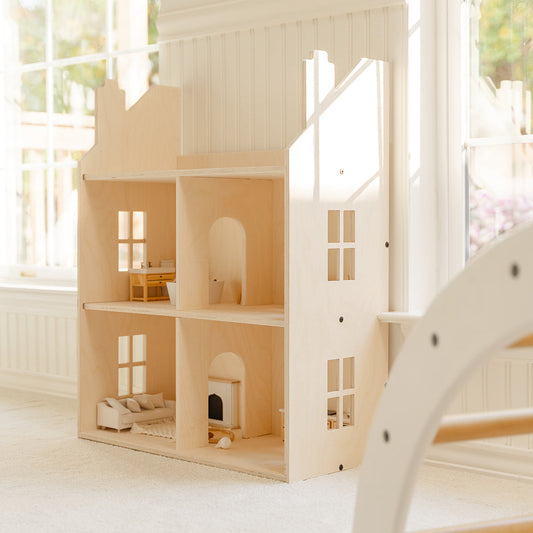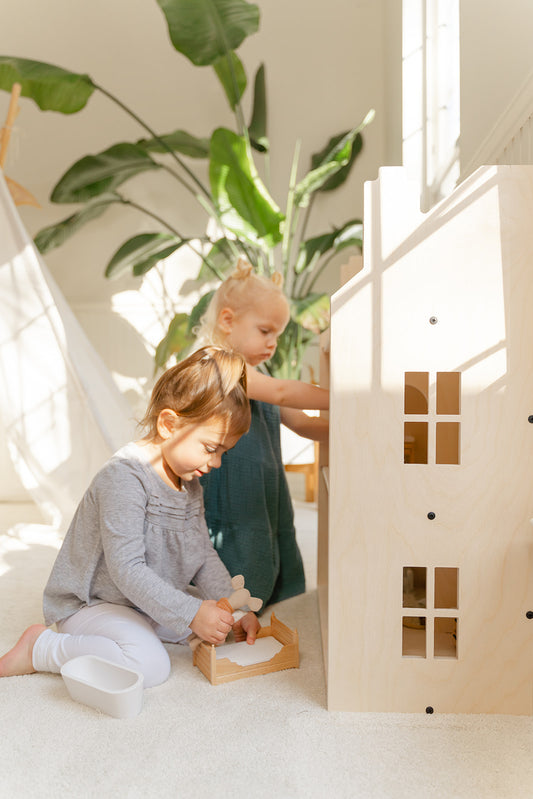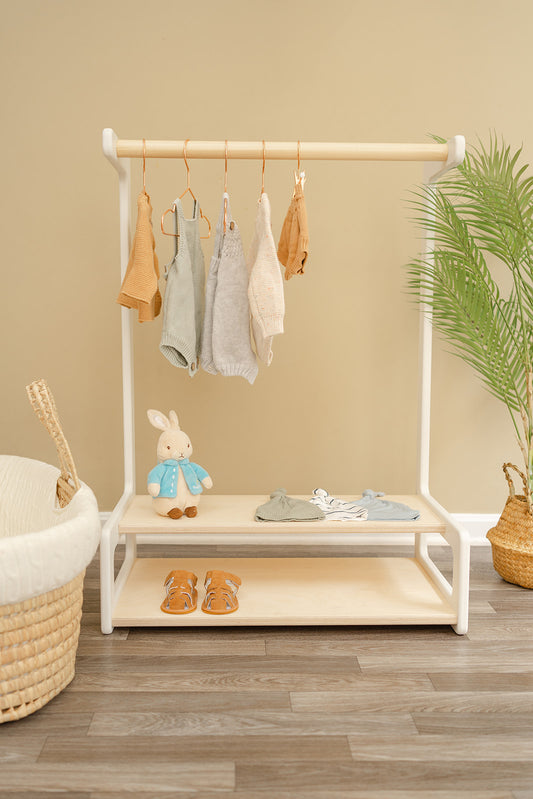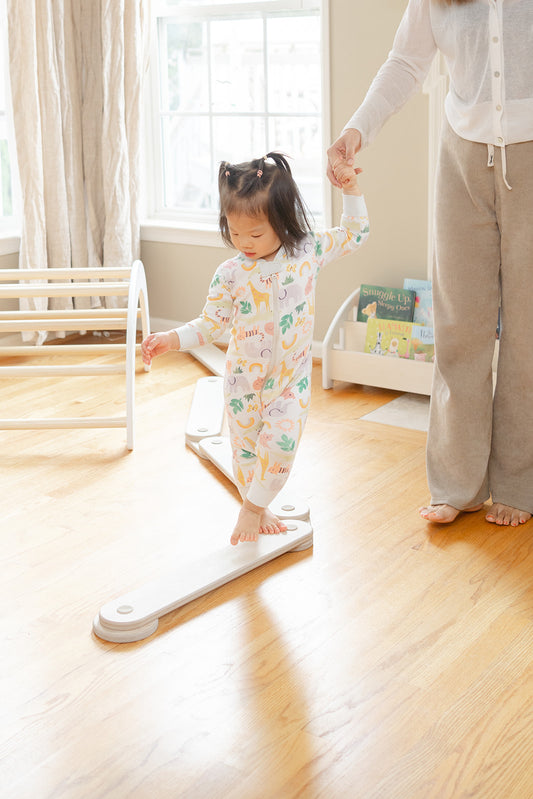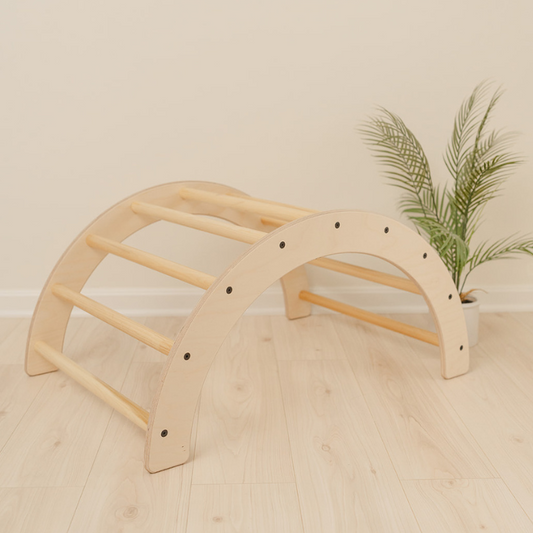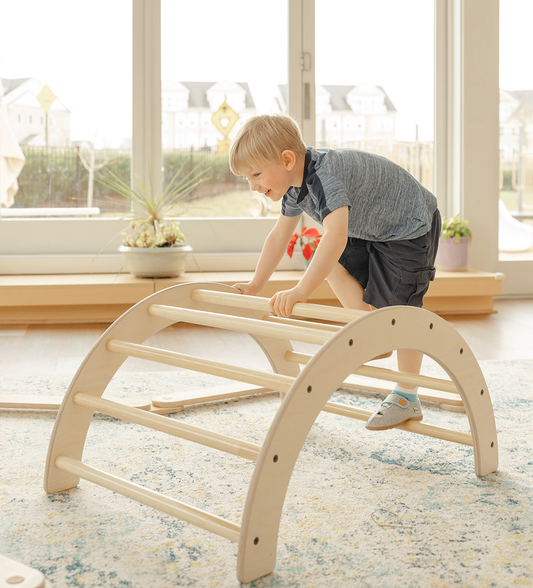
5 Reasons Why Open-Ended Play Is So Important
Share with your friends!
As a parent, you've probably heard the term "open-ended play" more times than you can count. But exactly what is open-ended play? Simply put, open-ended play is a type of play that allows children to use their imaginations and creativity to create their own games. In open-ended play, there are no set rules, no right or wrong way to play, and no specific outcome. It's a type of play that encourages children to explore, discover, and learn about the world around them. But why is open-ended play so important for young children and toddlers? Here are five reasons why!
Encourages creativity and imagination
One of the main benefits of open-ended play is that it encourages creativity and imagination. When children play with a toy or object without a specific purpose, they are free to use their imaginations to create their own play scenarios. For example, a simple cardboard box can become a spaceship or a fort. By encouraging open-ended play, children are allowed to think outside the box and come up with their own unique ideas.
Improves problem-solving and critical thinking skills
Open-ended play also promotes problem-solving and critical thinking skills. Without set rules or guidelines, children are forced to think outside the box and come up with solutions on their own. By doing this, they're developing important cognitive skills that will benefit them throughout their lives.
Boosts social and emotional development
Open-ended play is also great for social and emotional development. In this type of play, children are free to work together or play alone and develop important social skills like sharing, taking turns, and communication. They also have the freedom to express their emotions through play and explore their feelings in a safe and supportive environment.
Builds independence and self-esteem
Open-ended play encourages children to play independently and build their self-esteem. When children are given the freedom to play and explore on their own, they learn to trust themselves and their own abilities. This kind of play promotes a sense of independence and self-reliance that will benefit them throughout their lives.
Provides endless learning opportunities
Finally, open-ended play provides endless learning opportunities for young children and toddlers. When they interact with different materials, objects, and toys, they're building their cognitive and physical skills. By playing without specific rules, they're also free to explore their environment and learn about cause and effect, basic concepts, and the world around them.
In conclusion, open-ended play is a fundamental part of childhood development that should be encouraged by parents and caregivers. By promoting creativity, problem-solving, social and emotional development, independence, and endless learning opportunities, children can develop key skills that will benefit them throughout their lives. By providing children with the tools and materials for open-ended play, parents can foster a lifelong love of learning and exploration in their children.
